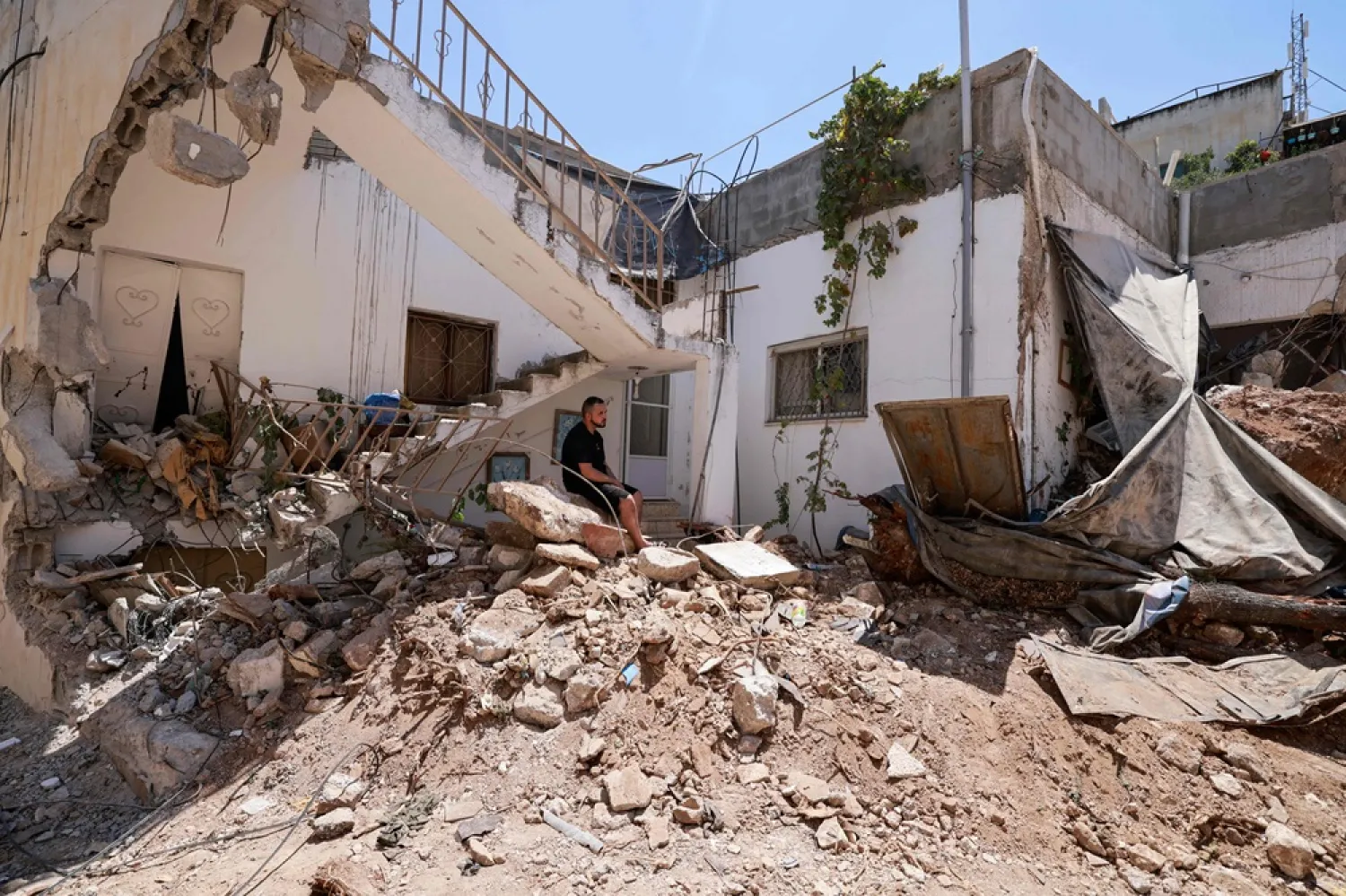Israeli forces backed by drone strikes killed at least 11 Palestinians in clashes around the volatile West Bank city of Jenin, the military and Palestinian health authorities said, after large scale operations by troops and police.
The military said it conducted two separate air strikes in Jenin, killing four armed fighters. The Palestinian health ministry put the toll from the strike at five.
In addition, the military said soldiers and police killed seven gunmen and wounded a number of others in surrounding areas of the West Bank, including some who had thrown explosive devices towards them.
Footage shared on social media showed a column of armored personnel carriers entering Jenin, one of the most turbulent centers of militant activity in the West Bank, with armored bulldozers digging up roads to locate buried improvised bombs.
In the wake of that raid, Israeli forces surrounded a house in the village of Kafr Qud, close to Jenin. Palestinian health authorities, said two people were killed by Israeli gunfire, with another two wounded.
There were no details on the identity of the dead and it was not immediately clear whether they were members of any of the armed factions.
With Israel bracing for an expected Iranian response to the assassination of Hamas leader Ismail Haniyeh in Tehran on July 31, the West Bank violence underscored the multi-front security challenge facing Israeli forces, 10 months after the start of the war with Palestinian militant group Hamas in Gaza.
In a separate incident overnight, the Palestinian health ministry said at least four Palestinians were killed and seven wounded by Israeli fire in the West Bank town of Aqaba, between Jenin and the city of Tubas. Two of the injured were in critical condition.
Among the dead was a 14 year-old boy, killed by gunfire as Israeli forces were withdrawing from the area, the ministry said.
The Tubas Brigades, an armed group, said two of the men killed in the incident were members.
The official Palestinian news agency WAFA said the clashes occurred after Israeli forces surrounded a house in Aqaba and clashed with a group of young men.
Israeli forces have killed at least 615 Palestinians in the West Bank and East Jerusalem since the start of the Gaza war, according to Palestinian health ministry figures. Many have been armed fighters belonging to armed groups fighting Israel but others have been stone-throwing youths or uninvolved civilians.
At the same time, at least 13 Israelis have been killed in Palestinian attacks. On Tuesday a female border guard was wounded in a stabbing by a Palestinian man using a screwdriver during a bus inspection at a checkpoint on Jerusalem's outskirts.
The attacker was shot dead, the police said.









